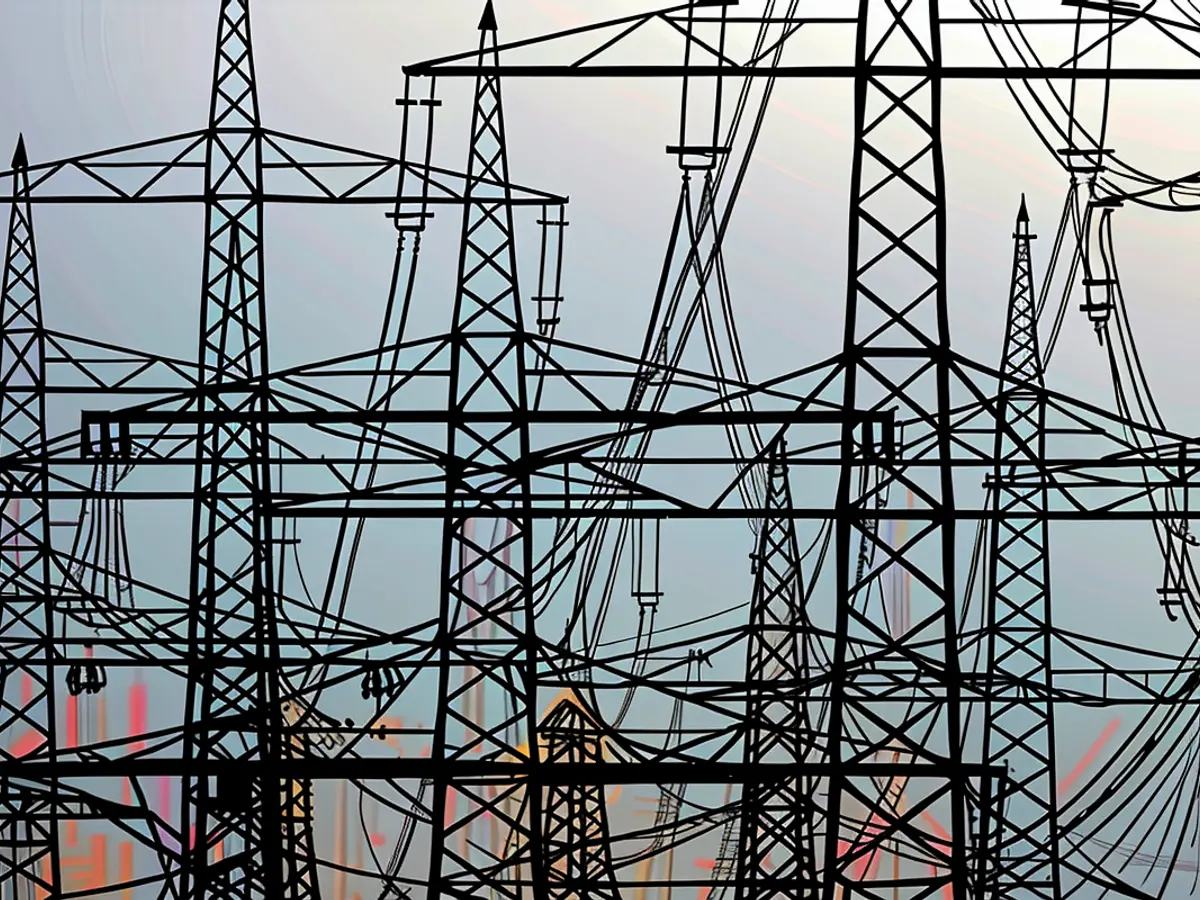- Habeck presents proposals for reform of the electricity system
The Federal Ministry of Economics has presented proposals for reforming the power system in Germany. Central to this is a new so-called capacity mechanism, which is to be introduced by 2028. In a paper, the ministry under Minister Robert Habeck (Greens) presented various models for this.
In the future, renewable energies from wind and sun are to cover the largest part of power supply. However, there are also "dark doldrums" when there is no wind and no sun. Then, so-called "flexible" power plants like new gas power plants and storage facilities are to act as back-ups - to ensure a secure power supply at all times and to balance seasonal fluctuations in renewable energy generation.
Incentives for electric car drivers
These "controllable loads" may only run a few hours a year. Through a capacity mechanism, providers are now to be rewarded in tenders for providing power plant capacities - even if they do not produce electricity.
The Ministry of Economics named four fields of action in a paper. These include the future reform of renewable energies and more flexibility in power consumption - i.e. incentives for users to charge their electric cars when electricity is cheap.
Germany's power system in transition
A paper from the ministry states that Germany's power system is in the midst of a comprehensive modernization. Germany is to become climate-neutral by 2045. Sun and wind are increasingly the main sources of power generation. The phase is now beginning in which it should be possible to cover the power supply entirely with renewable energies, with a "massive electrification" of energy supply in heat and transport, and with coal, oil, and gas as fossil energy sources being finally phased out.
The goal of the "power market design" of the future is a secure, affordable, and climate-neutral power system. Public consultation on the proposals will take place until the end of August.
The new capacity mechanism, aimed to be introduced by 2028, will reward providers for offering power plant capacities, even if they don't produce electricity, to ensure backup during periods of insufficient renewable energy, such as "dark doldrums" without wind or sun. To further bolster Germany's transition to a climate-neutral power system by 2045, the Ministry of Economics is also proposing incentives for users to charge their electric cars when electricity is cheap, promoting flexible power consumption.








